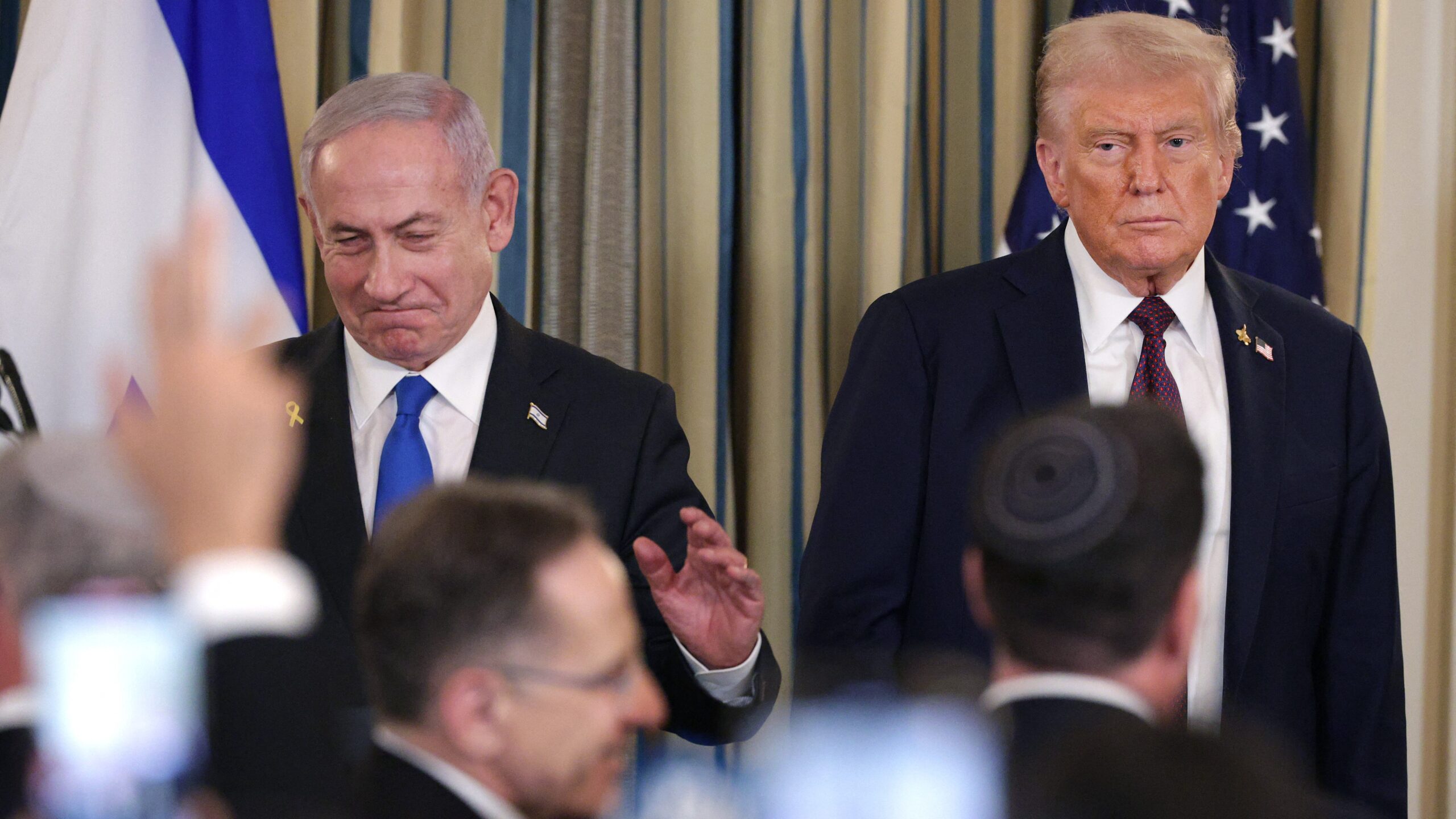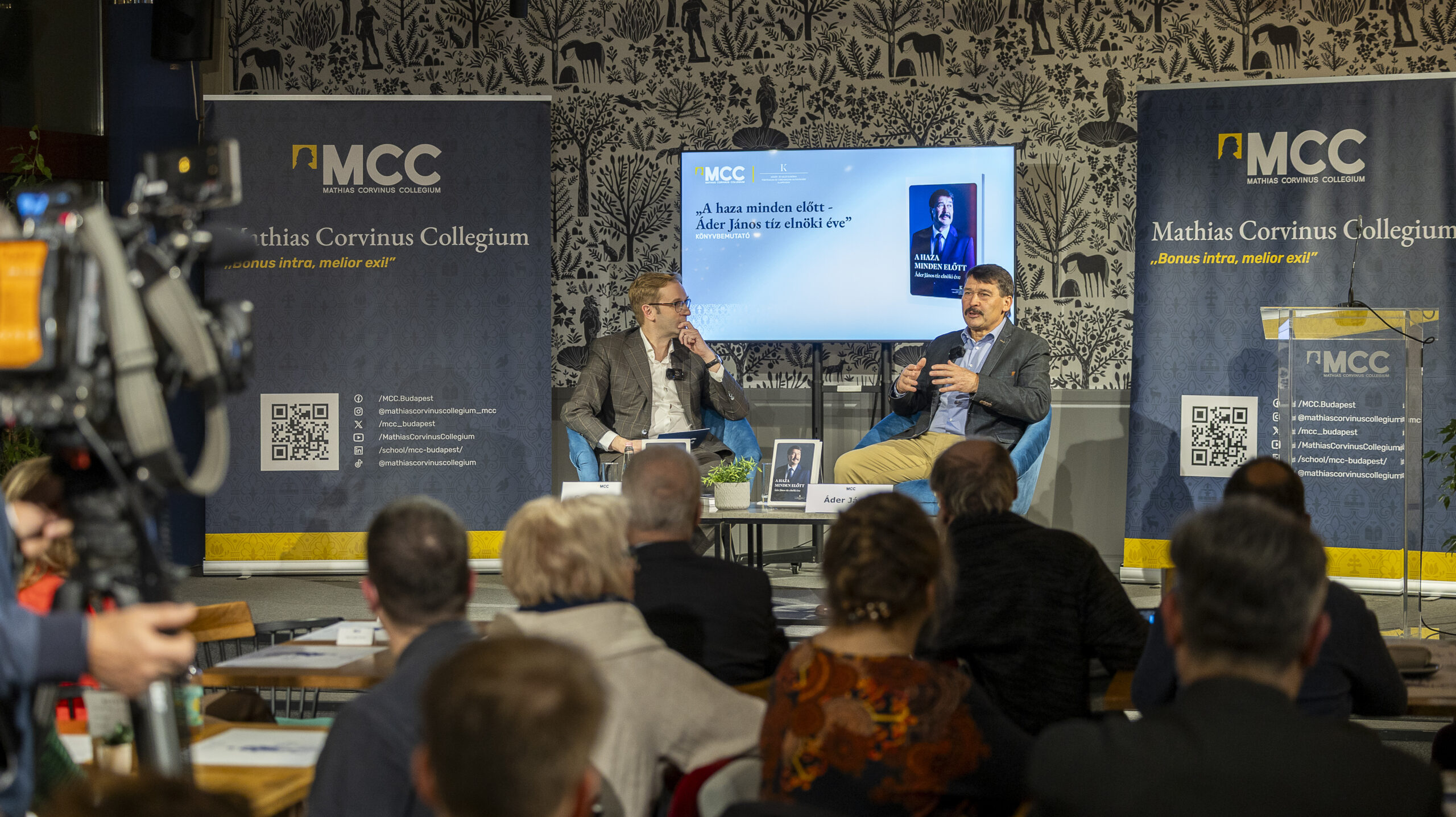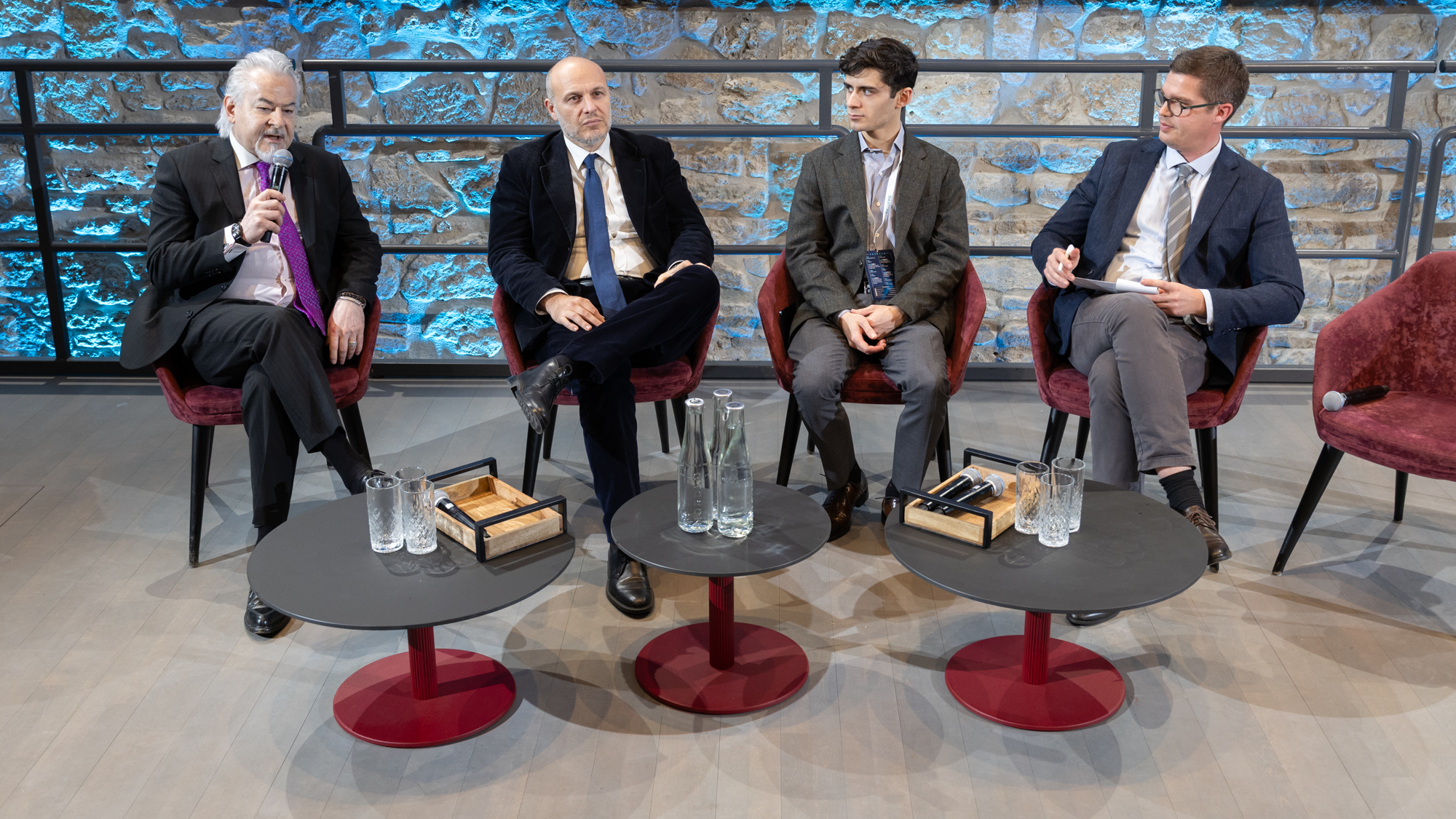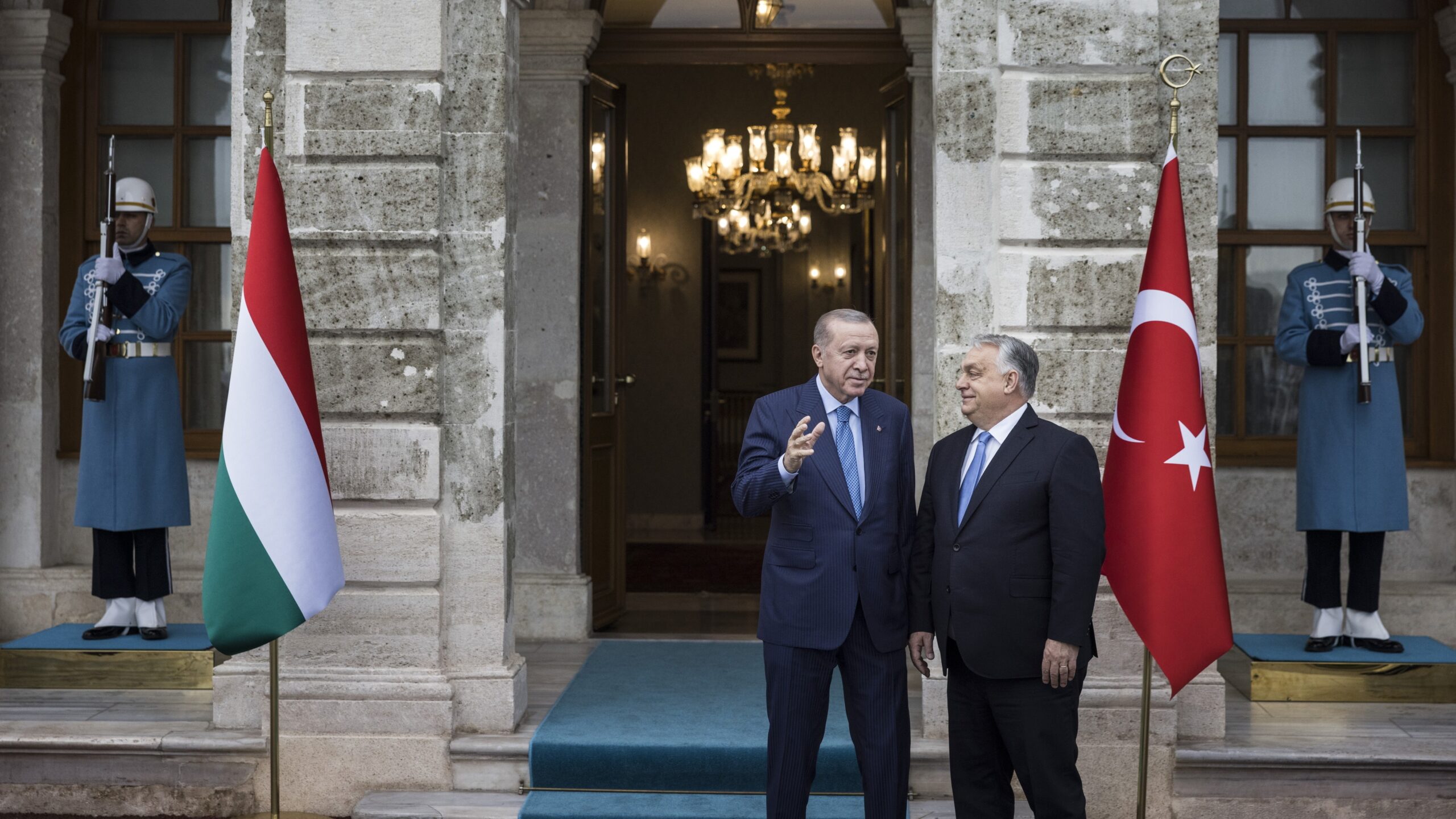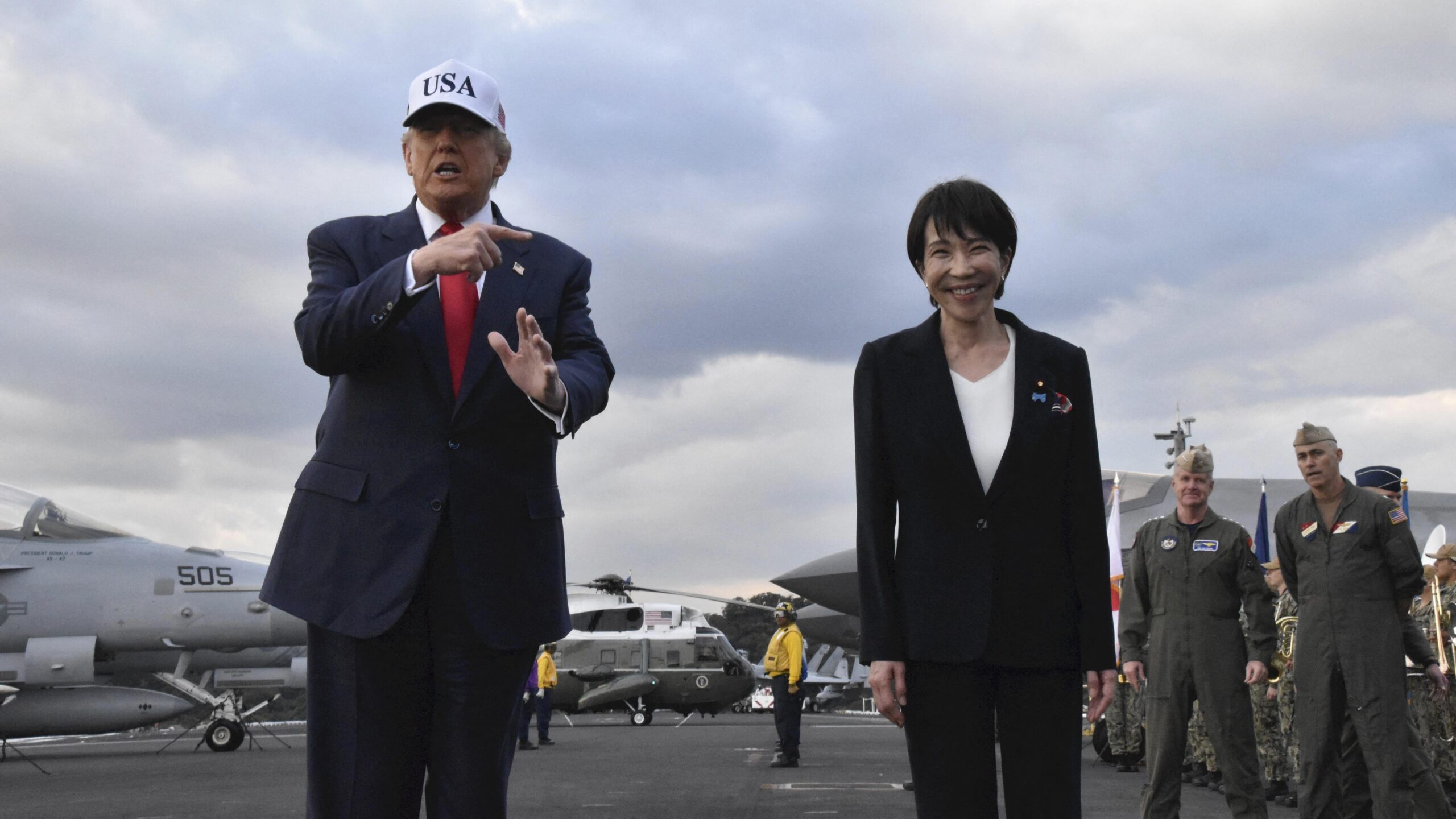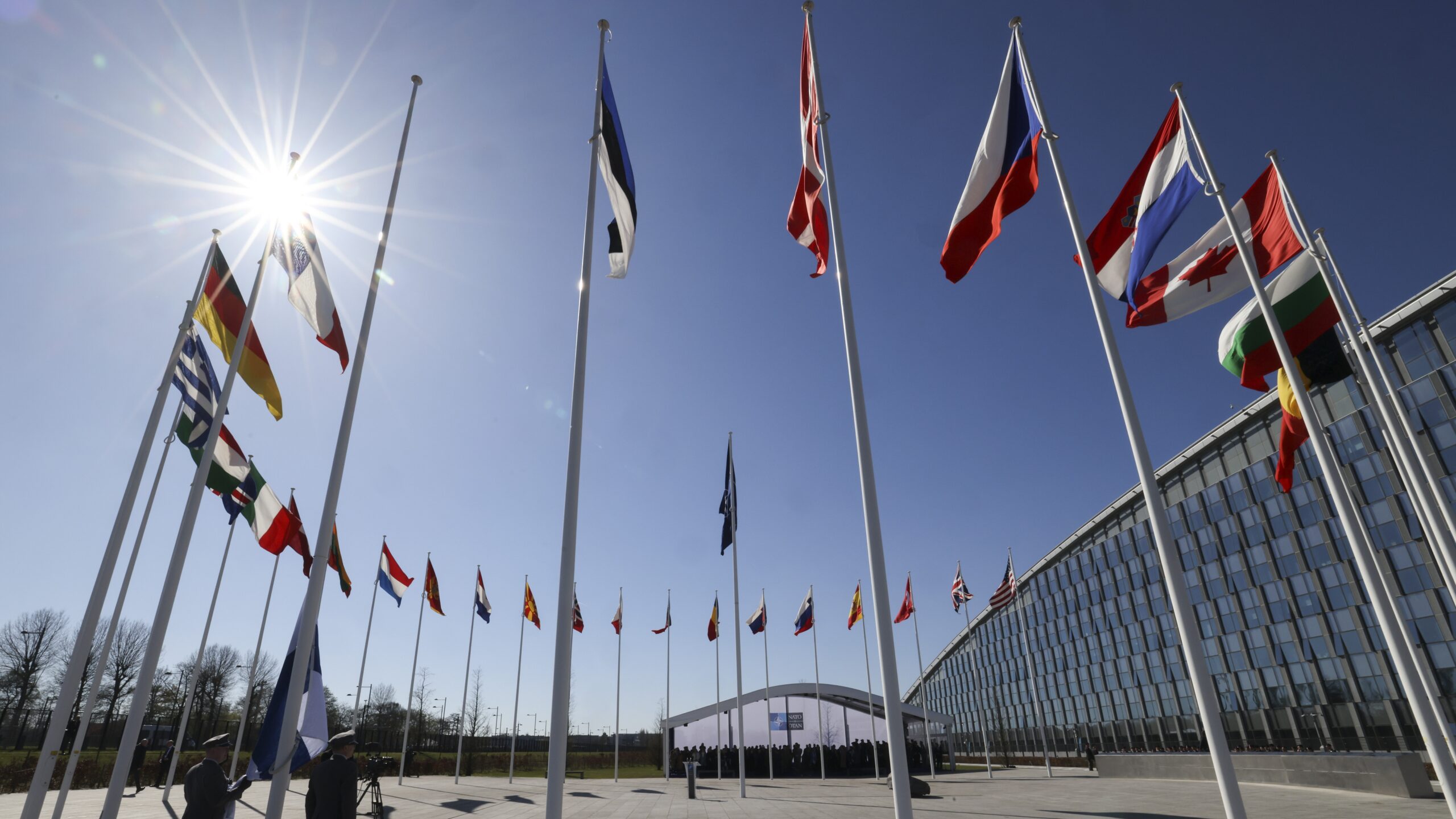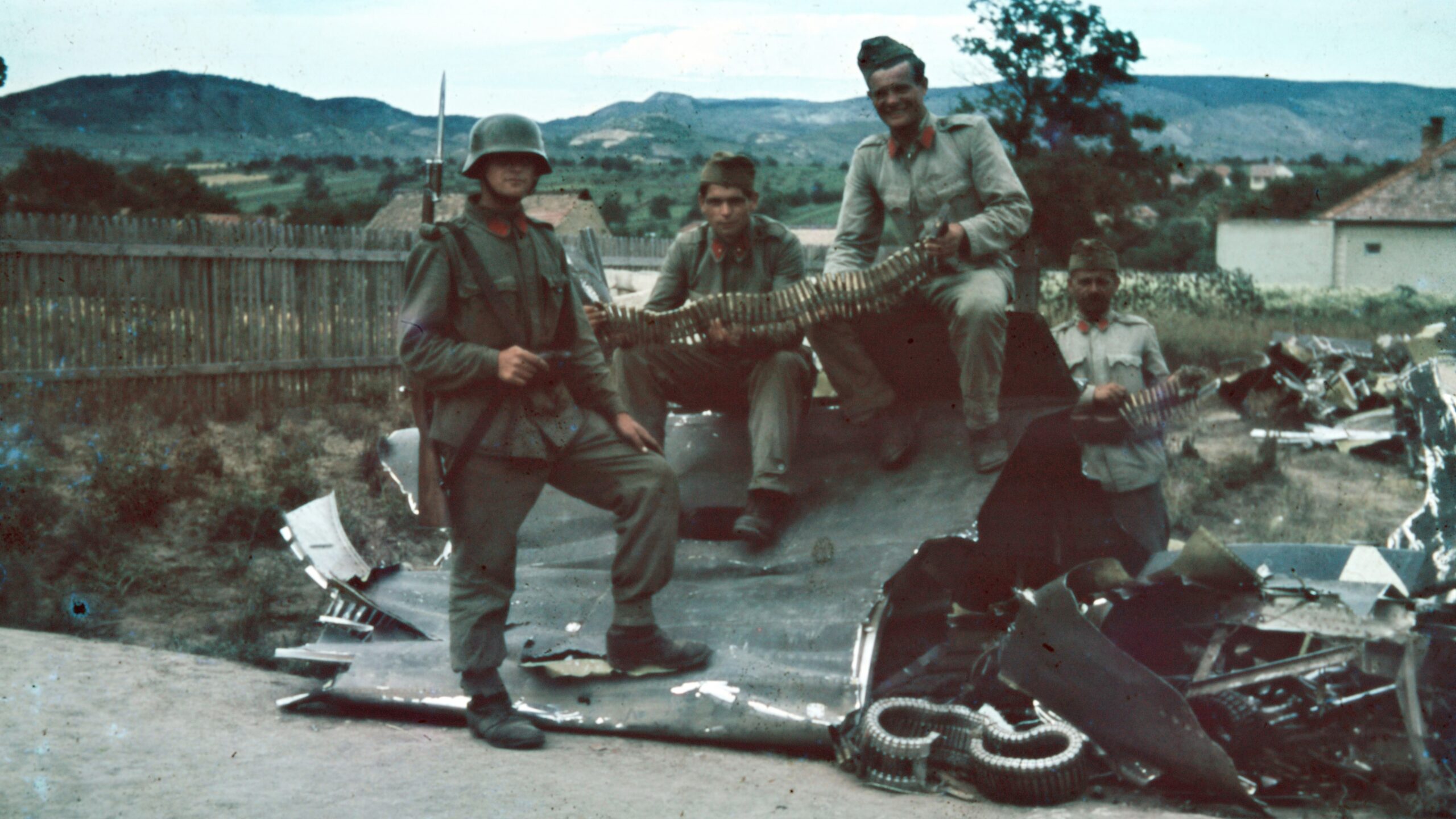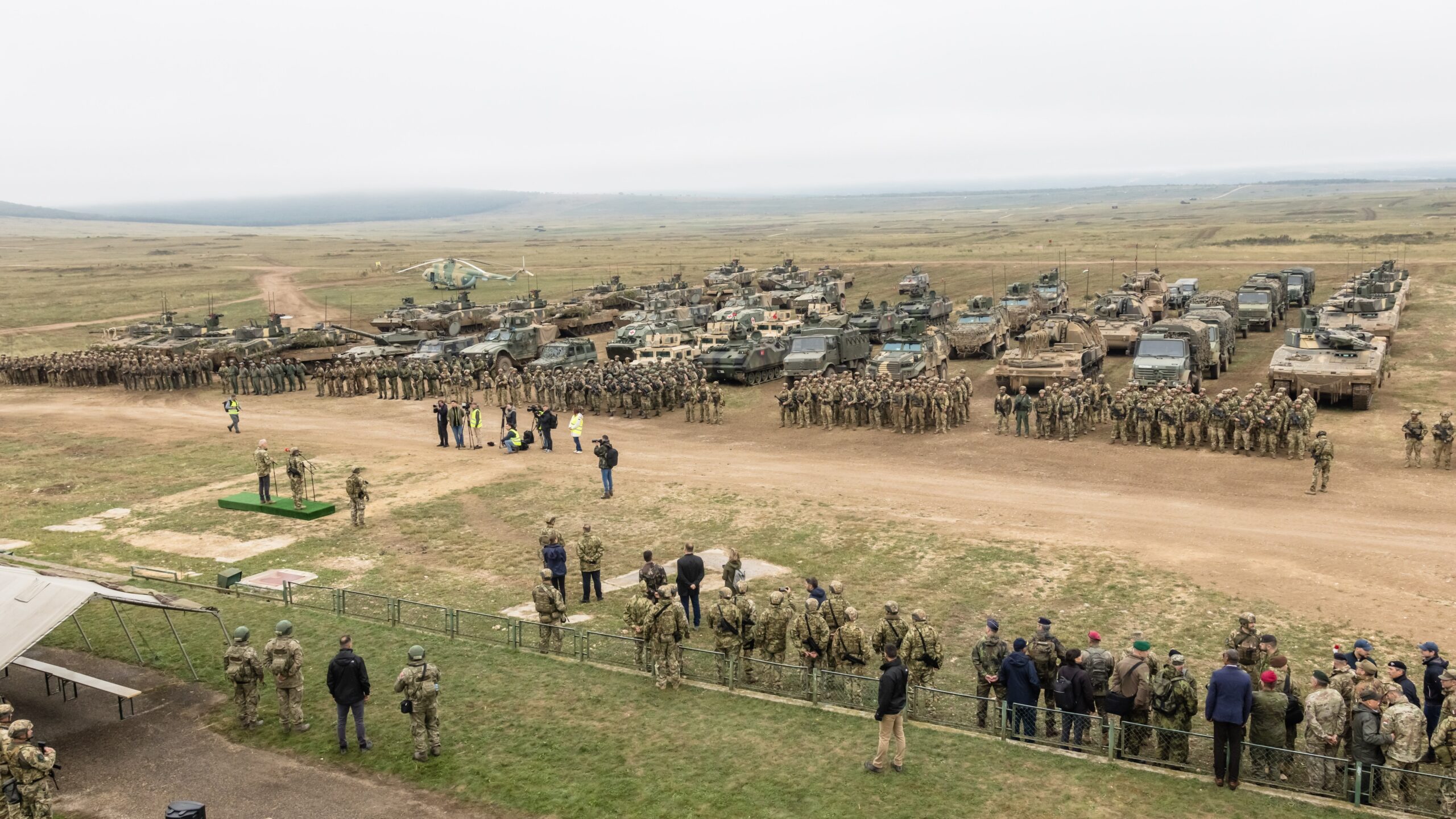
Hungary’s 4iG Signs Preliminary Defence Agreement with Lockheed Martin
Hungary’s 4iG Space and Defence Technologies and Lockheed Martin have signed a preliminary agreement to explore industrial cooperation linked to long-range rocket artillery systems, potentially laying the groundwork for HIMARS-related integration and production activities in Hungary.

